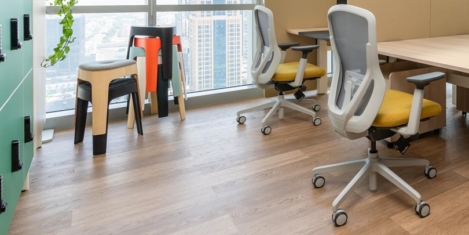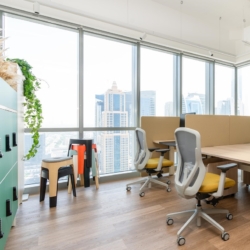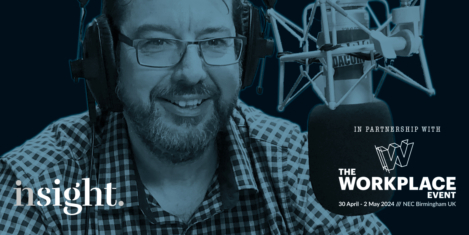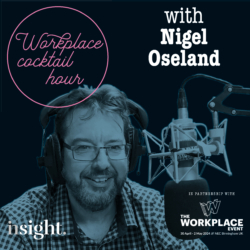January 26, 2024
RIBA issues new guidance on including more people in decision making on buildings and places
 One of the regular, longstanding gripes of our publisher Mark Eltringham (there are many) is that architects don’t particularly like non-architect folk having any sort of opinion on what they do. You can read him banging on here (ten years ago!) and elsewhere about the problems architects have with muggles. Now the Royal Institute of British Architects (RIBA) has pulled a rabbit from the hat by publishing new guidance to ensure that stakeholder engagement is considered, when appropriate, at every stage of planning, designing and constructing buildings and places. It remains to be seen what the rank and file make of this and what it means by ‘when appropriate’. (more…)
One of the regular, longstanding gripes of our publisher Mark Eltringham (there are many) is that architects don’t particularly like non-architect folk having any sort of opinion on what they do. You can read him banging on here (ten years ago!) and elsewhere about the problems architects have with muggles. Now the Royal Institute of British Architects (RIBA) has pulled a rabbit from the hat by publishing new guidance to ensure that stakeholder engagement is considered, when appropriate, at every stage of planning, designing and constructing buildings and places. It remains to be seen what the rank and file make of this and what it means by ‘when appropriate’. (more…)


































January 22, 2024
London’s office market is reshaping the city and the way people experience the workplace
by Sam Mardon • Comment, Property